A magical winter on the waterways
Make the most of the inland waterways this winter with our useful tips
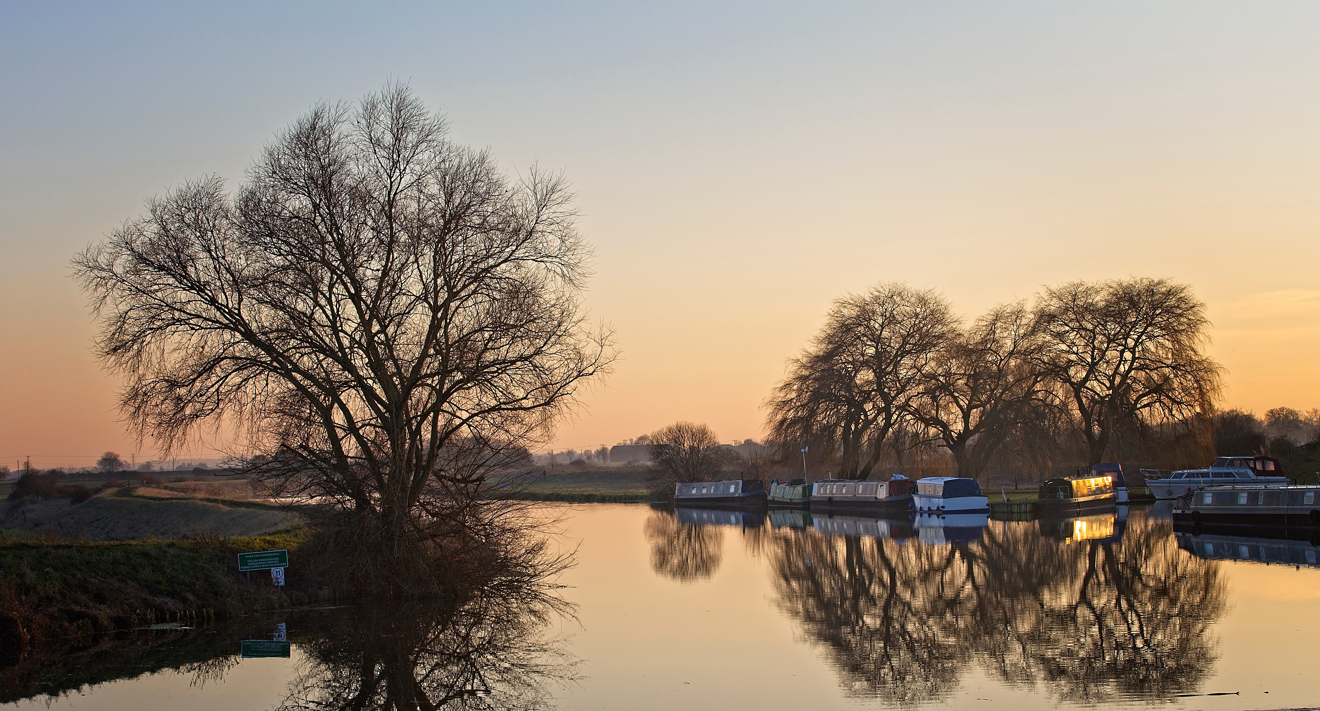
While hire boat traffic has mostly been put to bed for the season, the nation’s rivers and canals remain in constant use. With passionate boaters enjoying the unique experiences only the winter months can deliver.
With little foliage on the trees, views and vistas can be spectacular. There’s also less traffic churning up the water, making it clearer and giving a sparkle to your wake. Wildlife changes with the seasons, and reduced human impact, so there’s always the chance of glimpsing a rare bird or mammal you have never seen before.
There’s a calm, tranquillity only winter boating can bring. However, to enjoy it fully is to enjoy it safely, as temperatures plunge, and conditions become more unpredictable.
Prepare for the cold
It may sound obvious but common sense isn’t always that common! Wear more layers plus hats and suitable gloves and think about shorter sessions on the tiller. Standing inactive for long periods will see your core body temperature drop so take it in turns to helm more often.
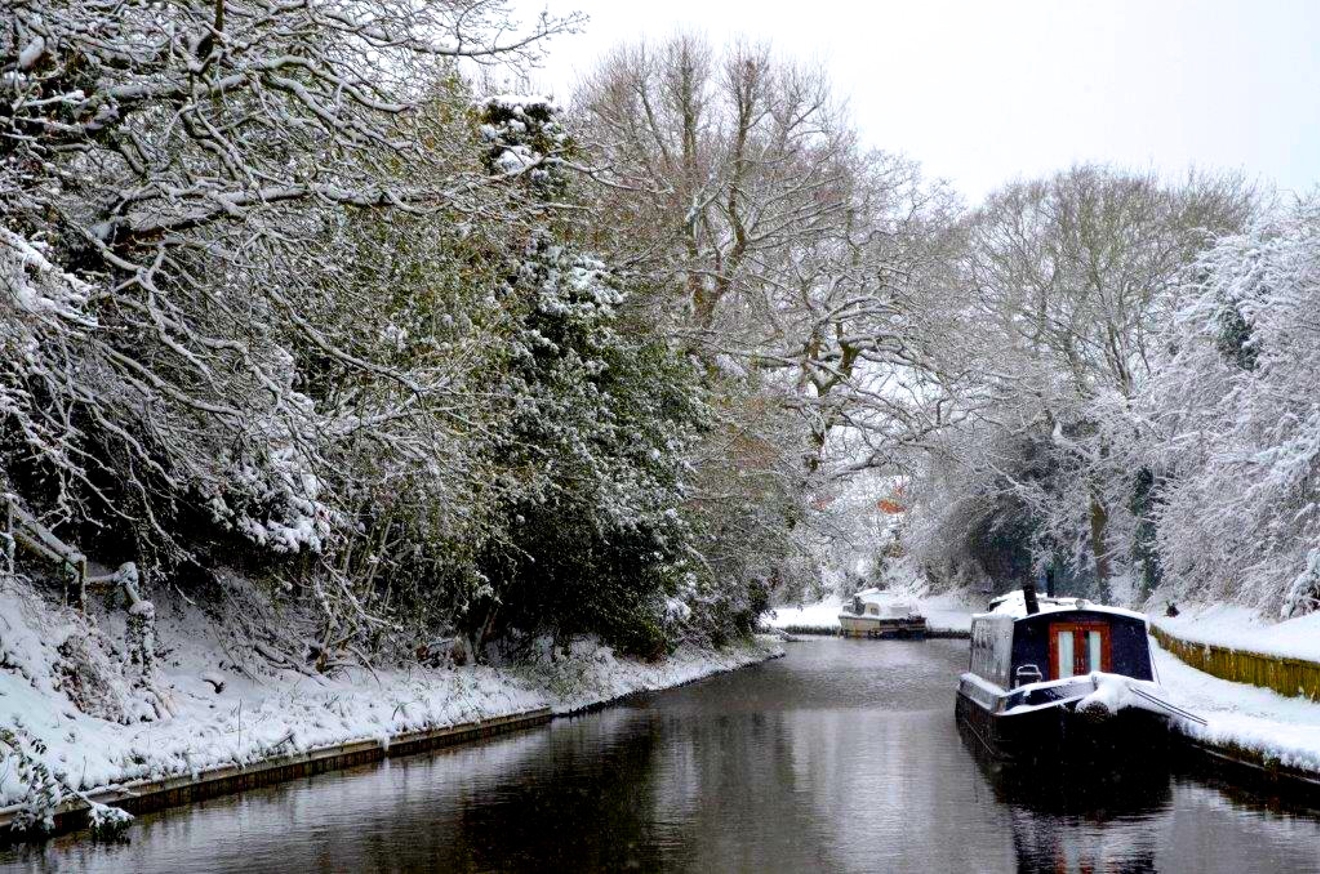
Be weather aware
Conditions can change quickly and often with little warning. In some areas water levels can also rapidly rise to dangerous levels. Before setting off, check resources for up-to-date river level data and flood warnings.
Go steady
Winter often comes with ice and the increased risk of slipping and hurting yourself on deck and around locks. Remember to take extra care during cold spells, wear shoes with good grip and remove ice where you can see it. Also be aware lock mechanisms are made of steel that can get very cold and hurt, with almost frostbite like symptoms, if you grab hold of them. Wear good gloves!
Cold water shock
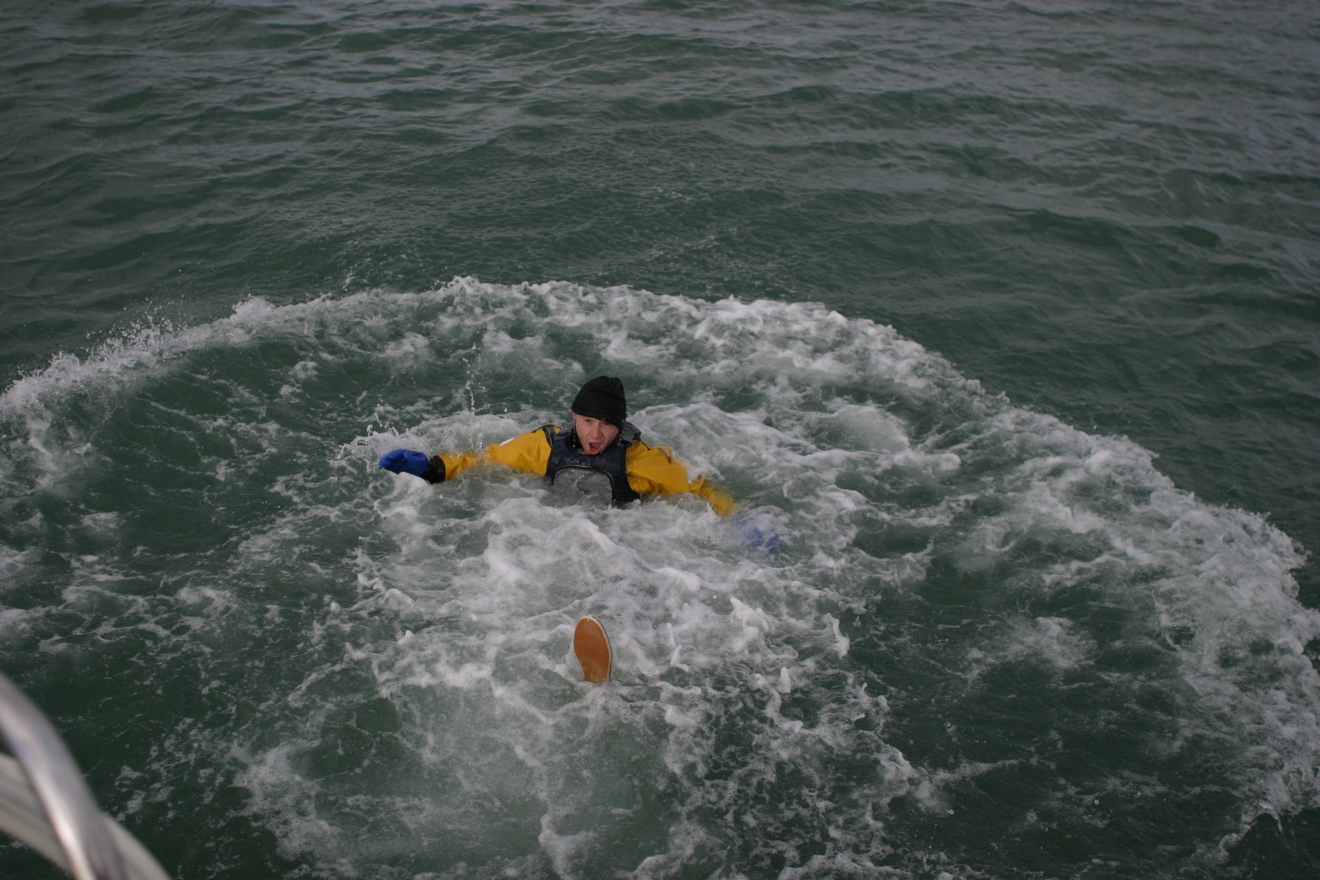
Accidents do happen and cold water shock is a real danger in water below 15°C. In a man overboard situation, sudden exposure to cold water can cause a number of involuntary reactions. For example, a sudden increase in heart and blood pressure that may result in cardiac arrest, even for people in good health.
Cold water shock can spark a gasping reflex, causing you to inhale and drown as you submerge. It also reduces your ability to hold your breath underwater, from the standard of around a minute, down to less than 10 seconds.
A further symptom if cold water shock is vertigo, which can impact your ability to differentiate between up and down. Wearing a lifejacket in tricky conditions or around locks will help combat this by helping you to stay upright and keep your head above water.
Winter is not summer
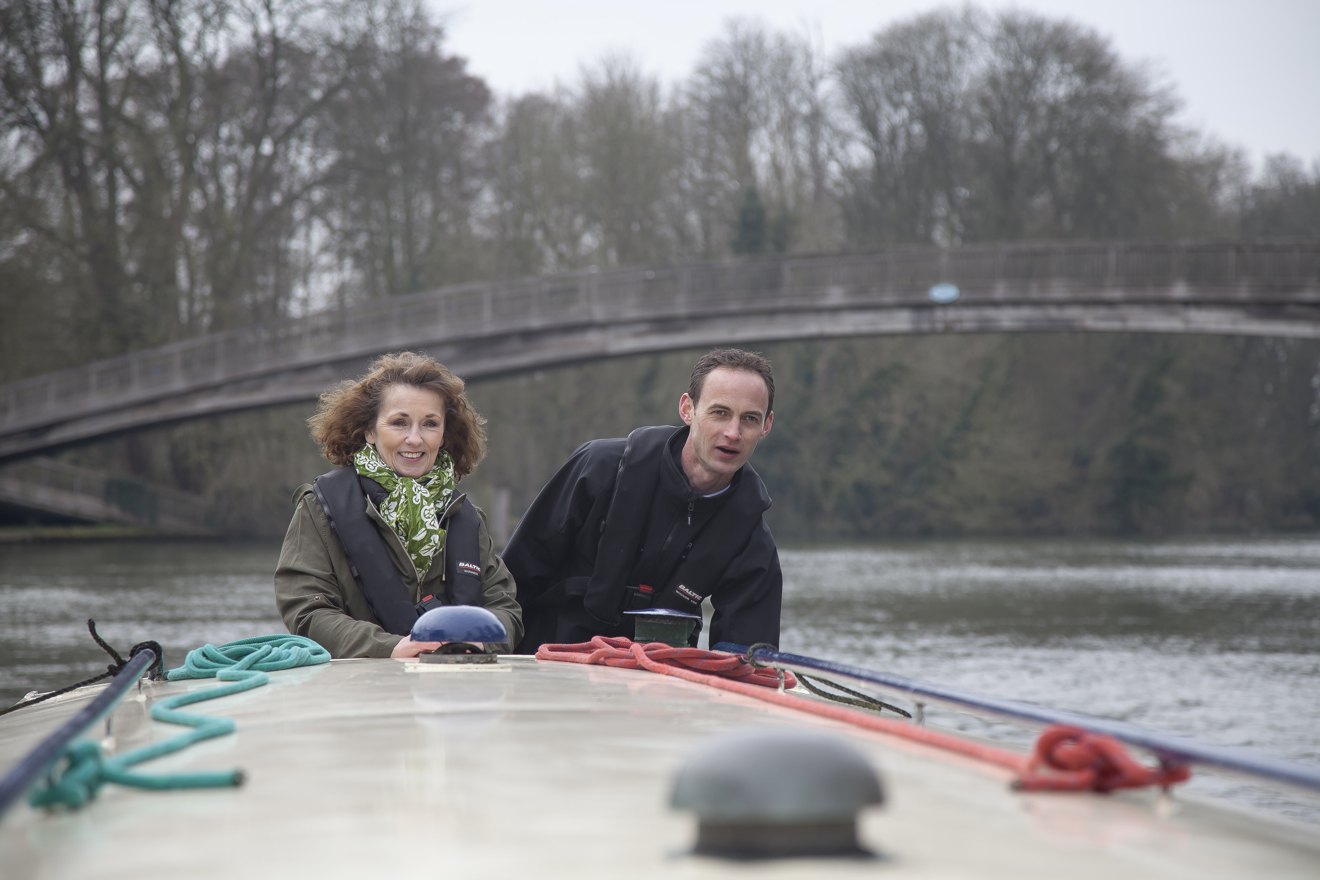
Don’t expect all the waterside services you take for granted in the peak months to run the same operations over the winter. The Canal and River Trust have a number of resources to help you plan your journey better, including where services are and locks or sections of canal being repaired or upgraded.
Barmy ballast
Over the winter you often see canal boats carrying fuel sources, such as piles of logs and bags of coal, on their roofs. This extra load – sometimes amounting to an additional ton of weight – can make the boat very unstable. It only takes someone opening a paddle too quickly in a wide lock to unbalance a boat causing serious danger.
Always expect the unexpected
The lack of traffic and peaceful tranquillity can give boaters a false sense of security, but always be on your guard for unanticipated obstructions and other water users. Familiarise yourself with the waterway you are on and where you can pull in or stop if needed.
Keep your boat ticking over
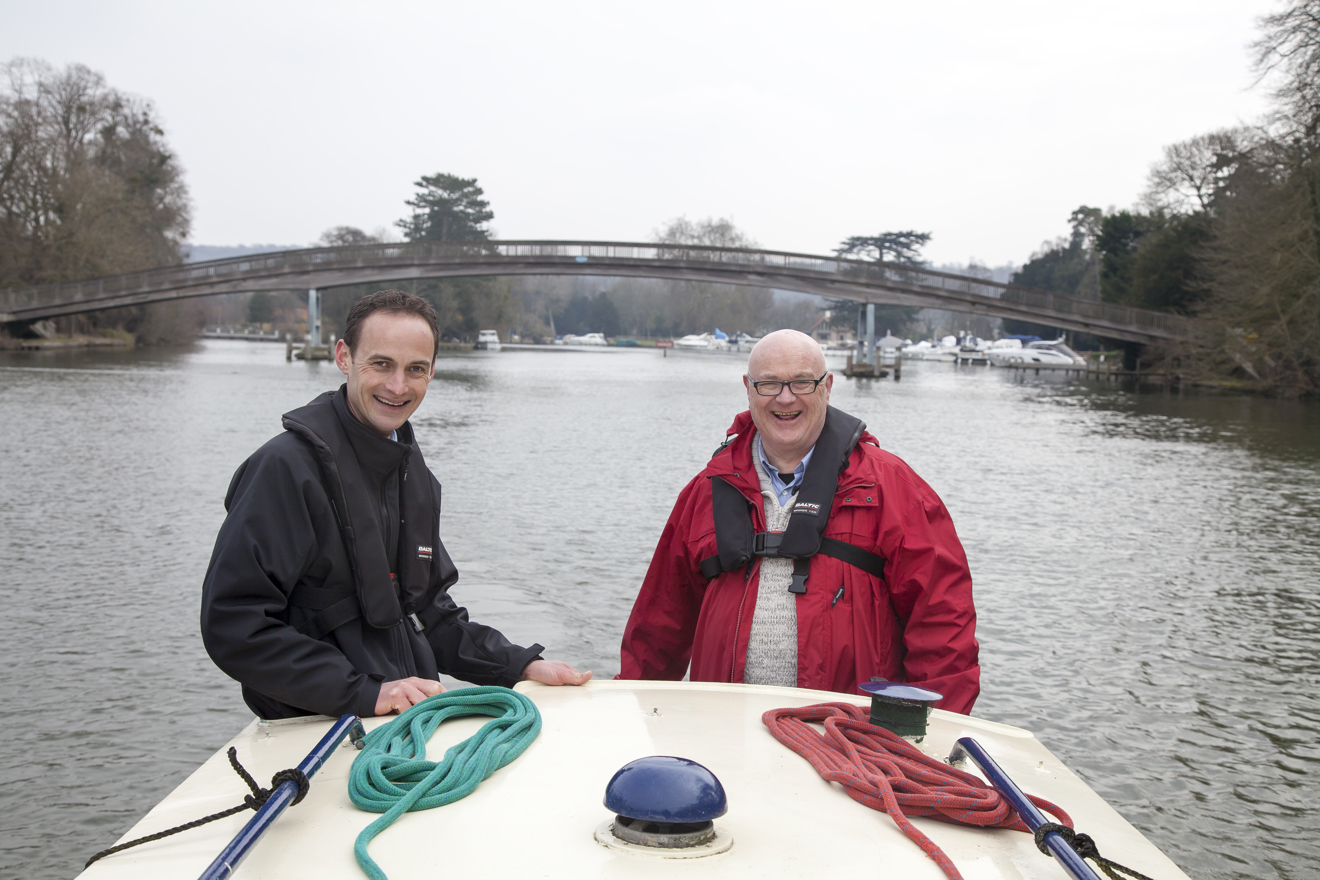
Even if you are an active winter boater, there will still be times when your boat is not in use when winter can play havoc if you don’t guard against it. All boats should have essential annual maintenance to stop them breaking down and keep them safe.
Simple winterising advice, should also be followed. Such as, giving the engine a once over, checking all fluid levels and maintaining fuel tanks and primary fuel filters. It’s also important to check there’s the right mix of coolant and antifreeze and don’t forget to drain domestic water systems to prevent freezing and cracked pipes.
Get trained
To help get you prepared for all the inland waters have to offer, the RYA Inland Waterways Crew and Helmsman courses are perfect for beginners and seasoned boaters. The courses cover how to take charge of your own boat, building confidence on the canals, and safely operate locks.
For further knowledge and experience, consider taking a one-day RYA Diesel Engine or RYA First Aid course.
Discover more about RYA training courses and find a training centre near you.
